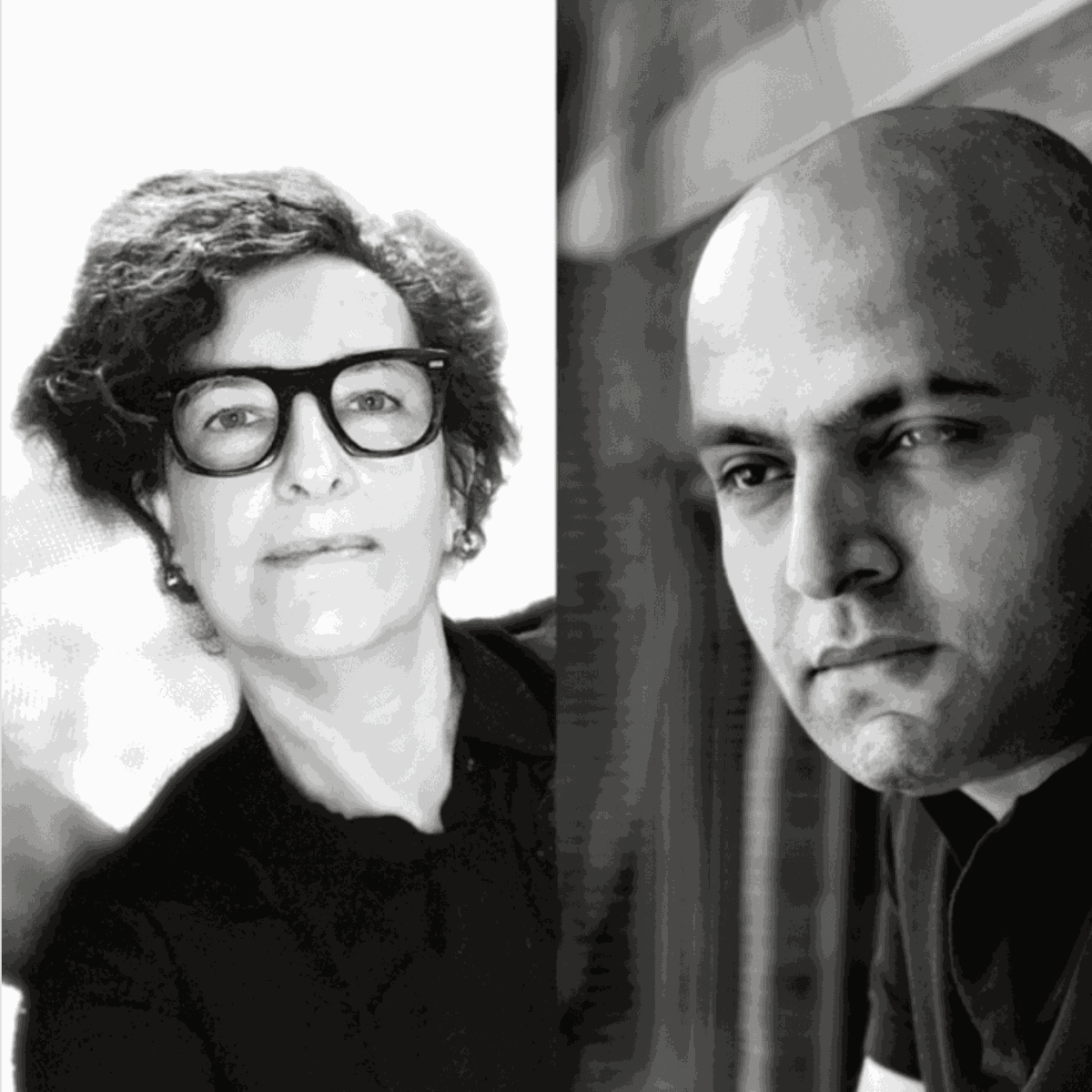STILL LIFE | NATURE MORTE: Fabienne Francotte
Fabienne Francotte's work looks at what remains in the aftermath of trauma, abuse and migratory displacement. In Nature Morte, she situates the human body as the site of these afflictions. Working with abuse victims, Fabienne created this collection over several years, often informed by her creative workshops. These drawing projects took place in circumstances ranging from mental hospitals and children's development centres in Sri Lanka to Rohingya refugees in Bangladesh and troubled youth in Belgium. Nature Morte questions how we, as a society, speak about invisible wounds, hidden traumas and pervasive power structures in our communities.
Art has the voice to highlight the range and expansiveness of hardship. It is around the thematic of the unspoken and the invisible that Fabienne centres this exhibition. Populated with portraits, installation drawings and anatomical sculptures, she presents a framework by which the audience can access an insightful perspective on a complex topic. Nature Morte means 'still life' in French, Fabienne's native language; in the artistic tradition of still life imagery, stillness takes on the appearance of something unmoving and silent. However, in working with vulnerable, that which is silent and suppressed often rises to the surface to face itself when given a chance. These opportunities for release were evident in her drawing sessions at the Institute of Mental Health in Angoda, Colombo, where Fabienne would visit patients twice a week over two years. The patients suffered from a range of abuse: physical, sexual, verbal, psychological and cultural. Often, the stigma associated with these topics is an unspoken language in and of itself. However, in Fabienne's experience, the primacy of making art transcends language boundaries: a non-verbal relationship would often establish itself without a shared spoken tongue. Her instinct for understanding the vulnerability of human beings propels her to examine the patterns of behaviour that enable the universal experience of suffering.
Nature Morte contains discomforting imagery that people often cannot identify with completely but can relate to emotionally. An installation of black fabric titled The Curtains reveals hidden stories of trauma and abuse; the writing on the artwork becomes a form of mark-making and creative energy. This force is not well-defined or complete; it is an experience and a healing process. The drapes signify the intentional hiding away of something; in contrast, the display of kneecap bone sculptures, titled Bones Don't Lie, comments on the body's resilience. As our muscles and memories have the flexibility to both hold and release deep tensions, the skeletal structures of our bodies present a different narrative. They are rugged, dense and compact, and their aesthetic qualities reveal the capacity to possess suffering and grace simultaneously. Fabienne focuses on the kneecap to reflect how one can metaphorically walk again after suffering defeat, as the bone joint is pivotal in movement. The idea for the sculptures emerged during the pandemic, and they show the fractures and traces of the production process. This process implies that such faults cultivate the more nuanced aspects of beauty over time.
Fabienne interrogates the paradoxical qualities of natural beauty by juxtaposing the macabre and the colourful. In The Fragmented Body, a series of mixed media work on brown cardboard sheets, she depicts disembodied segments of the male and female human bodies. Phantom limbs float in thoughtful spaces blushed with reds and blues. On closer inspection, the arms, legs and torsos carry a darker and bloodier story of violence, hurt and mutilation. Fabienne quotes the artist Louise Bourgeois stating that "blue represents peace, meditation and escape". The pictures provide an outlet for hurt and despair by giving the act of suffering a voice; conversely, they create a space for the audience to participate in a transformative thinking process. Fabienne explores these storytelling elements further in a series of imaginary portraits titled It Did (Not) Happen. This portrait series makes conceptual leaps in balancing realistic impressions of facial features with calligraphic and gestural brushwork and painterly abstraction. Language boundaries are surpassed here as facial expressions and the eyes, in particular, speak volumes that the mouth and the spoken tongue cannot. The termite-ridden textures of the canvas suggest a passage of time and a repetition of relapses and traumatic episodes necessary for the complex healing process.
The communication of emotion and feeling is crucial in Fabienne's work. Nature Morte is a physical translation of painful and overwhelming experiences people have suffered. A self-taught artist, Fabienne's relationship with her art practice extends beyond academic intellectualism and delves deeply into what it means to connect with people. Her work is about being human in what seems to be a primarily dehumanised world devoid of moral values. She sees the marginalised and creates bridges between worlds.








